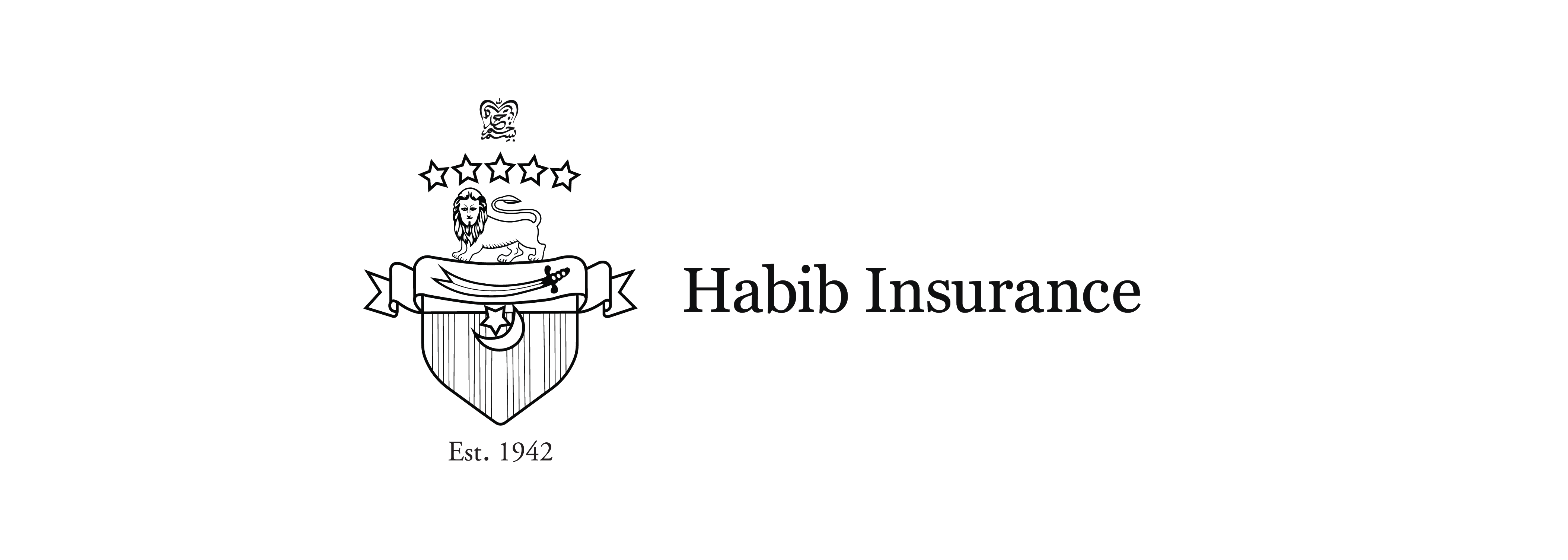When it comes to securing your future, one of the most important decisions you can make is choosing the right type of insurance. With a variety of options available in Pakistan, takaful insurance and conventional insurance stand out as the two most popular choices. While both offer financial protection, they operate on different principles, and understanding these differences can help you make an informed decision. In this article, we will compare takaful vs conventional insurance, discussing their features, benefits, and what might be best for you.
Understanding Takaful Insurance
Takaful insurance is a form of Islamic insurance that is based on the principles of mutual cooperation and shared responsibility. It is designed to comply with Islamic law (Shariah), where participants pool their resources to support each other in times of need. Takaful involves a group of participants contributing a certain amount of money into a common fund. This fund is then used to cover the losses incurred by any participant due to an unforeseen event, such as an accident, illness, or natural disaster.
One of the key aspects of takaful is that the participants share the risk among themselves, rather than transferring it to an insurance company. Additionally, takaful in Islam follows the principles of fairness, transparency, and ethical investing, which align with Islamic values. This makes it an attractive choice for Muslims who prefer to invest in a system that adheres to their religious beliefs.
What is Conventional Insurance?
On the other hand, conventional insurance is based on the traditional model, where the policyholder pays premiums to an insurance company in exchange for financial coverage against various risks. The insurance company assumes the risk and is responsible for compensating the policyholder in case of a claim. Conventional insurance involves a contract between the policyholder and the insurer, and it is governed by the laws of the country, rather than religious principles.
Unlike takaful, conventional insurance does not typically involve the pooling of resources among participants. Instead, the company collects premiums from policyholders and invests them for profit. When claims are made, the insurance company uses the pooled funds to compensate the policyholder. However, the company’s focus is often on generating profits, and the investments made are not necessarily in compliance with ethical or religious guidelines.
Key Differences Between Takaful and Conventional Insurance
- Principles of Operation:
- Takaful operates on the principles of mutual cooperation and shared responsibility, while conventional insurance works on the basis of transferring risk to the insurer.
- Risk Sharing vs Risk Transfer:
- In takaful, the risk is shared among participants. If one participant faces a loss, the group as a whole helps cover it.
- In conventional insurance, the risk is transferred entirely to the insurance company, which assumes responsibility for paying claims.
- Profit Motive:
- Conventional insurance companies are profit-driven, meaning that they operate primarily to generate profit for shareholders.
- Takaful, however, is not profit-driven in the same way. Any surplus generated from the takaful fund is usually shared with participants or used for charitable purposes, aligning with Islamic ethical principles.
- Shariah Compliance:
- Takaful adheres to Islamic law, meaning that the investments and operations of the takaful insurance must comply with Shariah principles, avoiding investments in industries like alcohol, gambling, or interest-bearing financial products.
- Conventional insurance does not have such restrictions and may invest in non-compliant sectors.
- Claims Process:
- Both takaful and conventional insurance offer claims for various types of coverage, such as travel insurance, car insurance, and home insurance. However, takaful insurance often focuses on a more community-driven and transparent claims process, as participants have a say in how funds are distributed.
Benefits of Takaful Insurance
For those who are seeking an insurance option that aligns with their religious beliefs, takaful offers several key advantages:
- Shariah-Compliant:
- As mentioned earlier, takaful insurance is fully compliant with Islamic law, making it a suitable option for Muslims who want to ensure their insurance coverage is ethically sound.
- Ethical Investments:
- Takaful ensures that the funds are invested in sectors that are considered ethical and avoid any involvement in industries prohibited under Shariah law, such as alcohol, gambling, or interest-bearing activities.
- Shared Responsibility:
- Since takaful is based on the concept of mutual cooperation, participants are essentially helping each other in times of need. This builds a sense of community and shared responsibility.
- Transparency and Fairness:
- Takaful is more transparent about how funds are managed, and participants have more control over how the fund is utilized, which leads to greater trust in the system.
- Surplus Sharing:
- If the takaful fund generates a surplus, this is usually shared among the participants or used for charitable purposes, which is a unique feature that conventional insurance does not offer.
Benefits of Conventional Insurance
While takaful insurance may be an attractive option for some, conventional insurance still has its own set of benefits:
- Wider Availability:
- Conventional insurance is widely available across many insurance companies, offering a broad range of policies, from home insurance to auto insurance and travel insurance. It’s easier to find conventional insurance options in Pakistan, with many reputable insurance companies in Pakistan like Habib Insurance offering competitive policies.
- More Extensive Coverage:
- Conventional insurance companies may offer more extensive coverage for specific needs, such as high-value home insurance or specialized travel insurance plans. Major insurance companies in Pakistan also provide comprehensive travel insurance and auto insurance options.
- Established Track Record:
- Conventional insurance companies, such as Habib Insurance, have an established track record and offer an extensive range of products, including marine insurance, car insurance, and property insurance in Pakistan.
Which Option is Best for You?
When deciding between takaful vs conventional insurance, it ultimately depends on your personal preferences, values, and financial goals.
- If you are a Muslim looking for a Shariah-compliant option, takaful insurance might be the best fit. It offers an ethical, community-driven approach to risk-sharing.
- On the other hand, if you are looking for a more traditional model with wider availability and more extensive coverage options, conventional insurance could be a better choice.
Whether you choose takaful or conventional insurance, make sure to select a reliable provider, such as Habib Insurance, to ensure that you are adequately protected.
Conclusion
Choosing between takaful insurance and conventional insurance comes down to your personal preferences and values. Takaful provides a Shariah-compliant, community-driven approach, while conventional insurance offers more extensive coverage options and a long-standing history of reliability. Consider what aligns best with your ethical stance and financial needs, and make an informed decision. With reliable options like Habib Insurance, you can be confident in your choice, whether it’s travel insurance, auto insurance, or property insurance.











